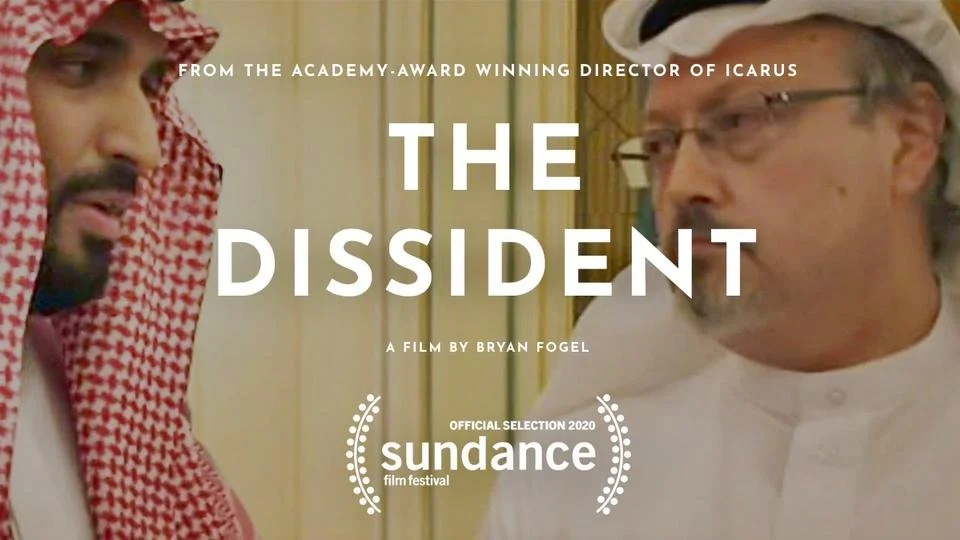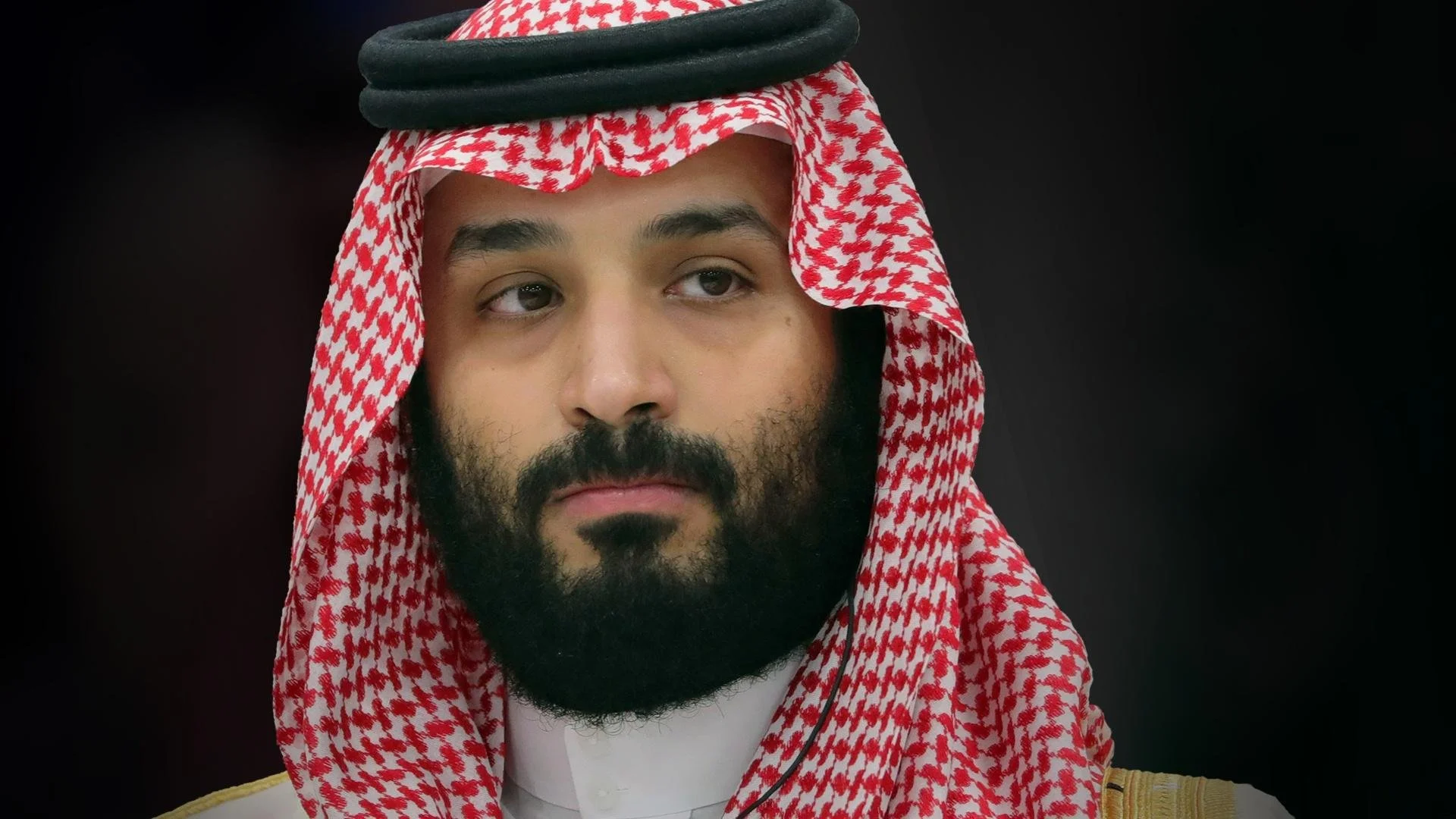Saudia Arabia's Crimes Against Khashoggi and Jeff Besos
Human rights abuses in the Gulf States have long been subjected to the critique of many international and supranational organisations: from UN to EU, from Mercosur to ICC, horrors of war and terrorism are continuously condemned around the world. Today our newsletter explores human rights issues across the region - in the United Arab Emirates, Saudi Arabia, and Qatar.
DUBAI- Princess Latifa, the daughter of Sheikh Mohammed bin Rashid Al Maktoum, a 71-year-old billionaire major of Dubai, tried to flee Dubai in February 2018. She wanted to start a new life and complained that her family is threatening her. However, the attempt failed and she has been caught by UAE officials in the Indian Ocean and brought back home. Her case will be presented in the UN as the calls for persecuting Dubai have risen in the last week.
Cinema for Peace has recognized the 2020 film Saudi Runaway, for its commentary on the runaway women of the Gulf States. The film has brought the plight of these women into full public discussion and continues to generate discussion as it awaits distribution.
RIYADH- In Saudi Arabia, those guilty of murdering Jamal Khashoggi in 2018 still live a full life without punishment. The fiancée of Jamal Khashoggi says that she is hopeful that the new US administration will shed light on the murder case. Hatice Cengiz said she believes that the new director of the US national intelligence, Avril Haines, will make the CIA report on the Khashoggi murder public.
Apart from murdering journalists, Saudi Arabia spies on businessmen, activists and politicians - as exposed by a group of activists on the internet who fight the disinformation of thousands of state agents whom they call digital "flies". Jamal Khashoggi spent 5000 USD for SIM-cards for activists who were willing to criticise the government on the web and resist these “trolls”. Saudi intelligence is known for tracking down activists and potential enemies with the PEGASUS surveillance system, which the Crown-Prince used himself to infiltrate the smartphone of Jeff Bezos and steal his personal information after Bezos clicked on a personal message sent by the Crown-Prince. After that, the the extramarital relationship of Bezos was exposed, punishing Bezos for ending his relationship with Saudi Arabia and for taking a firm stand with his Washington Post, the former employer of Khashoggi.
Cinema for Peace recommends the documentary film The Dissident by Oscar winning director Bryan Fogel, who masterfully sheds light on the horrifying reality of the Saudi regime. The Dissident can be viewed online here.
The Dissident
DOHA - The human rights situation in Qatar is a concern for several non-governmental organizations, such as Human Rights Watch, which reported that the Qatar World Cup is being built on the backs of 1.6 million migrant workers who were not just underpaid, but treated like slaves. Hailing mainly from South Asia, employed in the construction of the World Cup stadiums in Qatar, they are at risk of serious exploitation and abuse, often reduced to forced labour. Awareness around the world has increased since Qatar was selected to host the 2022 FIFA World Cup.
As the authorities of Saudi Arabia, UAE, Bahrain and Egypt signed an agreement on January 5 to end the blockade of Qatar, it remains unclear whether Qatar’s stance on human rights will change any time soon.
Human Rights Watch has made a film about the case, entitled Qatar - The Workers' Cup. The eye-opening documentary is available to watch online and sheds light on the true level of exploitation involved in bringing this World Cup to fruition.
The Workers Cup




